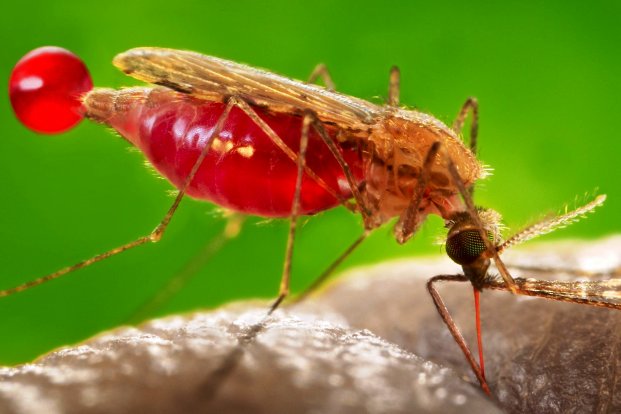How to Prevent Malaria Transmission
Apr 19, 2022
Malaria is a mosquito-borne infectious disease caused by a parasitic protozoan – Plasmodium. Malaria causes symptoms that typically include fever, fatigue, vomiting and headaches. In severe cases it can cause yellow skin, seizures, coma or death.

Four kinds of malaria parasites infect humans: Plasmodium falciparum, P. vivax, P. ovale, and P. malariae. The disease is transmitted by the biting of mosquitoes, and the symptoms usually begin ten to fifteen days after being bitten.
Ways to Prevent Malaria:
- Bed nets are a must in the monsoon, in very swampy areas that are badly hit by the monsoon, as these nets can protect you from harmful mosquitoes promising a good night’s sleep
- Protective clothing which includes wear long-sleeved shirts and pants are needed to protect yourself from mosquito bites
- Make use of insect repellent that have good amounts of deet in them.
- Stay away from places where malaria mosquitoes breed easily. Maintain or balanced good levels of hygiene inside and outside your house and surrounding.. Make sure that any waste or garbage is well covered and disposed off as per daily cleaning routine to avoid any breeding of mosquitoes.
Signs and Symptoms associated with Malaria:
- Fever , myalgia , headaches
- Vomitings, nausea
- Chills and sweats .
- In severe forms causes cerebral malaria , hemolytic jaundice, renal failure, hepatic failure
- Severe sepsis with multiorgan failure.
If you are experiencing the above for more than a week with no improvement, it is best that you consult a super specialist at the earliest. A general physician would also do.
Is there a vaccine for Malaria?
Unfortunately, at present there is no vaccine to present malaria. There are only steps to prevent the same. Hence it is important that we are prepared if we are going to an area that has a high incidence rate of malaria. Pregnant women should be especially cautious.








